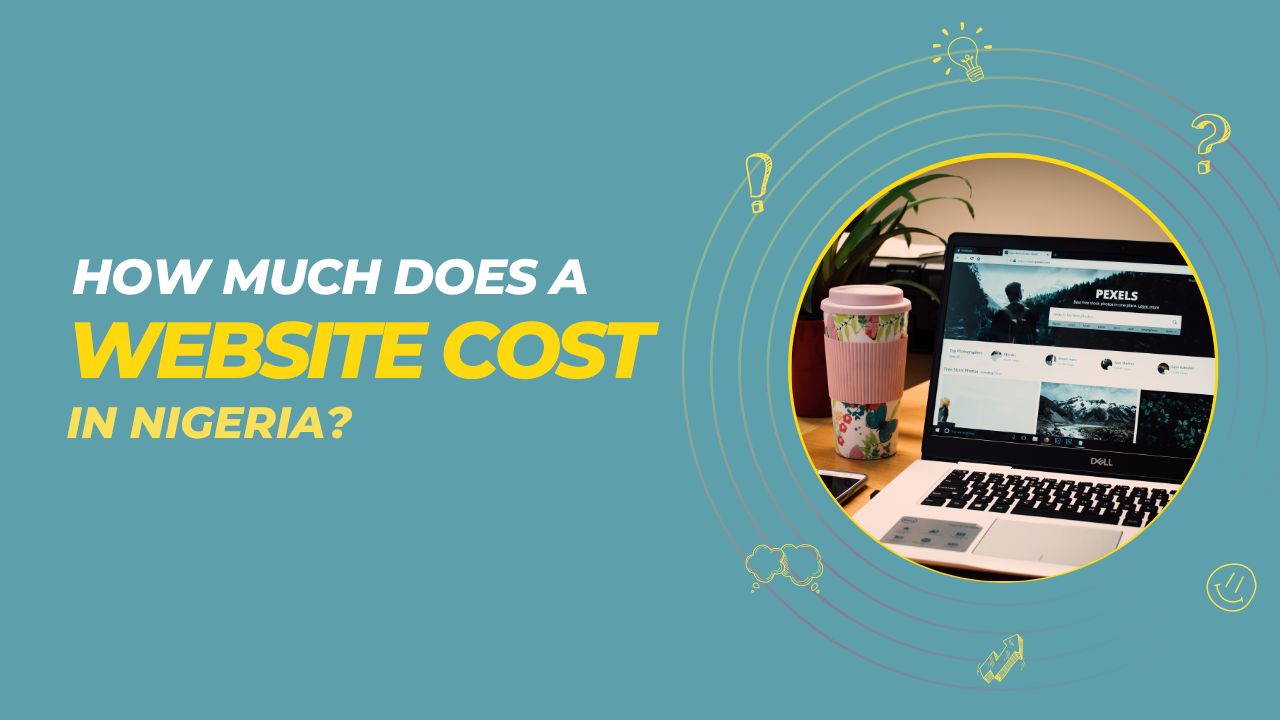Are you considering building a website for your business or personal use in Nigeria?
One of the first questions that may come to mind is: How much does a website cost in Nigeria?
Well, you’ve come to the right place.
In this blog post, we’ll explore the various factors that contribute to the cost of a website in Nigeria, and provide you with some valuable insights and tips to make informed decisions.
So, let’s dive right in!
Table of Contents
Understanding the Elements of Website Cost
Building a website involves several different elements, all of which contribute to the overall cost.
To better understand the pricing structure, let’s break down the typical components:
Domain Name Registration
The first step in building a website is to choose and register a domain name.
A domain name is an address that users will type into their browser to access your website, like “www.yourbusinessname.com”.
Domain names can vary in price depending on factors such as the chosen extension (.com, .ng, .net, etc.) and the popularity of the name.
In Nigeria, domain names can cost anywhere from ₦5,000 to ₦30,000 per year.
Website Design and Development
The design and development of a website is a crucial step in creating an online presence.
This includes creating a visually appealing layout, incorporating user-friendly navigation, and implementing custom functionalities based on your specific requirements.
The cost of website design and development in Nigeria can vary significantly, ranging from ₦50,000 to ₦500,000 or more, depending on the complexity and scope of the project.
Web Hosting
Web hosting is the service that allows your website to be accessible on the internet.
It involves storing your website files and data on a server that can be accessed by visitors.
The cost of web hosting depends on factors such as storage space, bandwidth, security features, and additional services provided.
In Nigeria, web hosting can cost anywhere from ₦5,000 to ₦50,000 per year.
Content Management System (CMS)
A CMS is a software platform that allows you to manage and update your website’s content without the need for technical knowledge.
Popular CMS options include WordPress, Shopify, Joomla, and Drupal.
The cost of a CMS varies depending on whether you choose an open-source (free) or a premium (paid) version.
Open-source CMS platforms are generally free, while premium versions can range from ₦10,000 to ₦100,000 or more.
E-commerce Functionality
If you plan to sell products or services online, you’ll need to incorporate e-commerce functionality into your website.
This includes features such as a shopping cart, payment gateways, and inventory management.
The cost of e-commerce functionality depends on the complexity of your requirements and can range from ₦50,000 to ₦500,000 or more.
Maintenance and Updates
After your website is up and running, it’s essential to allocate a budget for ongoing maintenance and updates.
This includes regularly updating your CMS and plugins, monitoring security, making backups, and ensuring your website remains fast and responsive.
Depending on the complexity and frequency of updates, you can expect to spend anywhere from ₦10,000 to ₦100,000 per year on website maintenance.
Factors Affecting Website Cost in Nigeria
Now that we have a general idea of the components that make up the cost of a website, let’s explore some factors that can influence the overall price:
- Complexity and Functionality
The complexity and functionality of your website play a significant role in determining the cost.
Simple brochure-style websites with a few pages will generally be more affordable than complex e-commerce platforms or web applications that require custom programming and integration.
The more complex your requirements, the higher the cost.
- Customization and Design
If you want a unique and visually appealing website design, it will likely involve additional customization work.
Custom designs require the expertise of web designers and developers who can tailor the website to your specific brand identity and target audience.
Customization usually comes at a higher price tag compared to using pre-designed templates.
- Content Creation
Content creation is often overlooked when estimating website costs.
However, engaging and well-crafted content is crucial for attracting and retaining visitors.
If you need assistance with developing high-quality content for your website, you may need to allocate a separate budget for professional copywriting and/or multimedia production services.
- Third-Party Integrations
If you require integrations with third-party services such as payment gateways, email marketing tools, or customer relationship management (CRM) systems, additional development work may be necessary.
The complexity and number of integrations required can influence the overall cost of your website.
- Mobile Responsiveness
With the growing popularity of smartphones and tablets, having a mobile-responsive website is no longer optional.
Responsive design ensures that your website adapts and looks great on various screen sizes.
However, implementing responsiveness requires additional development work, which can increase the overall cost.
The Value of Professional Website Design
While it’s tempting to opt for the cheapest website solution available, it’s important to consider the value of professional website design.
Investing in a well-designed and functional website can yield significant returns in terms of attracting customers, generating leads, and even boosting sales.
A poorly designed website, on the other hand, can hinder your online presence and credibility.
Professional website designers and developers like Designify bring expertise, creativity, and technical skills to the table.
We can help create a website that aligns with your business goals, engages your target audience, and presents your brand in the best light.
Remember, a website is often the first point of contact for potential customers, so make a positive impression by investing in quality design.
In conclusion, the cost of a website in Nigeria can vary depending on various factors such as domain name registration, website design and development, web hosting, CMS, e-commerce functionality, and ongoing maintenance.
Factors such as complexity, customization, content creation, third-party integrations, and mobile responsiveness also contribute to the overall cost.
While it’s essential to consider your budget, it’s equally important to recognize the value of professional website design and development.
Investing in a well-crafted website can pay off in terms of attracting customers, enhancing your online presence, and increasing your business’s success.
Now that you have a better understanding of the factors influencing website costs in Nigeria, you can make informed decisions when planning your website project.
Remember, your website is a reflection of your brand, so having a high-quality online presence is key to standing out in today’s digital world.


